You Can Buy A House In Japan For Just $500. Here’s What You Need To Know
October 2, 2021
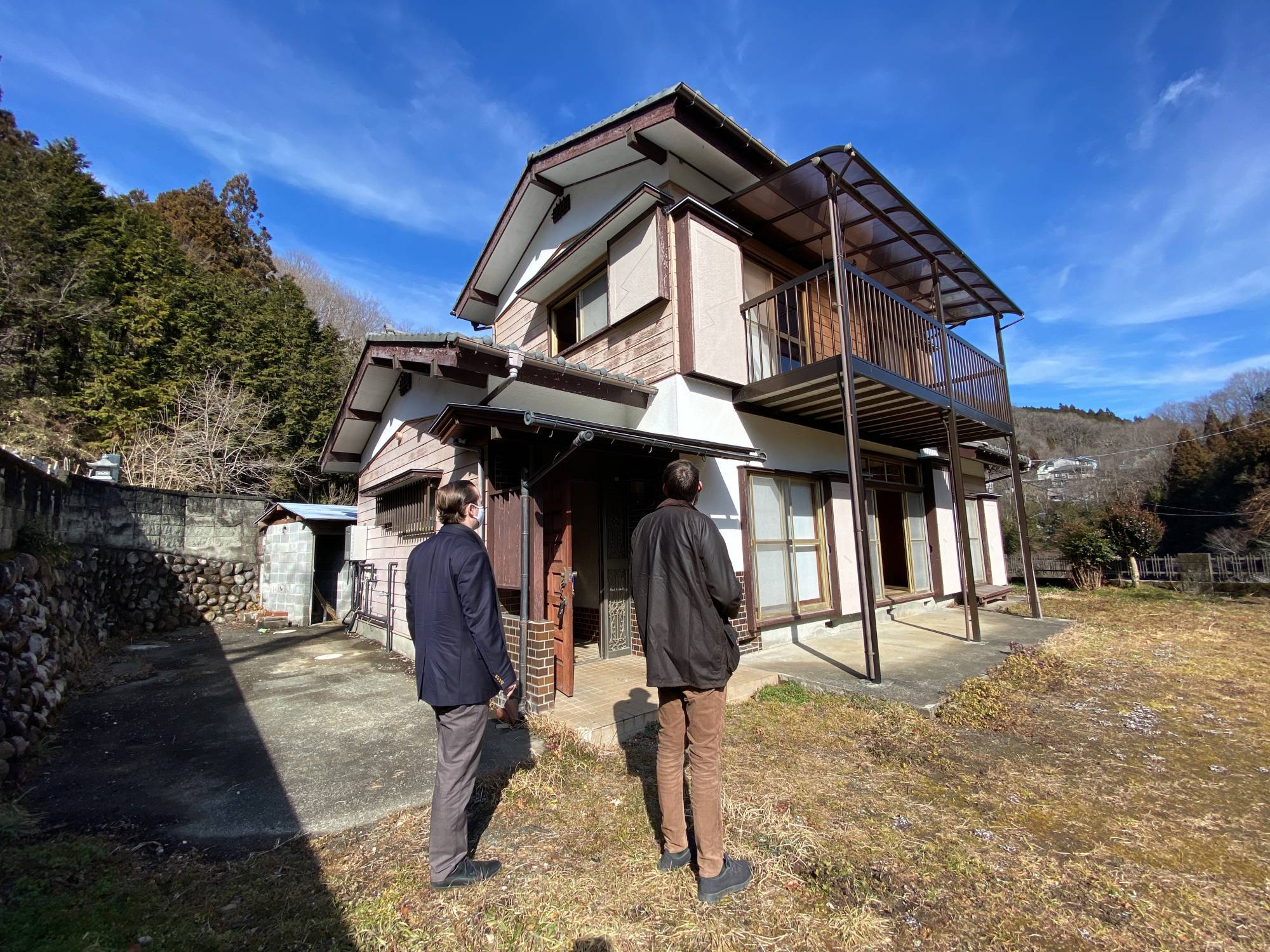
Quite a number of Singaporeans dream of overseas properties, and a favourite aspiration is Japan. So with news of vacant Japanese homes going for around $500 – or even outright free in some cases – a number of locals may have actually begun pondering the option. It doesn’t seem like a big risk, as it’s just $500 or less right? The reality, as always, is a bit more complex:
Why would anyone sell homes for so cheap?
While Singapore has a shortage of homes, rural Japan has the opposite problem: in an increasing number of villages, you’ll find akiya (abandoned homes) which no one wants to move into.
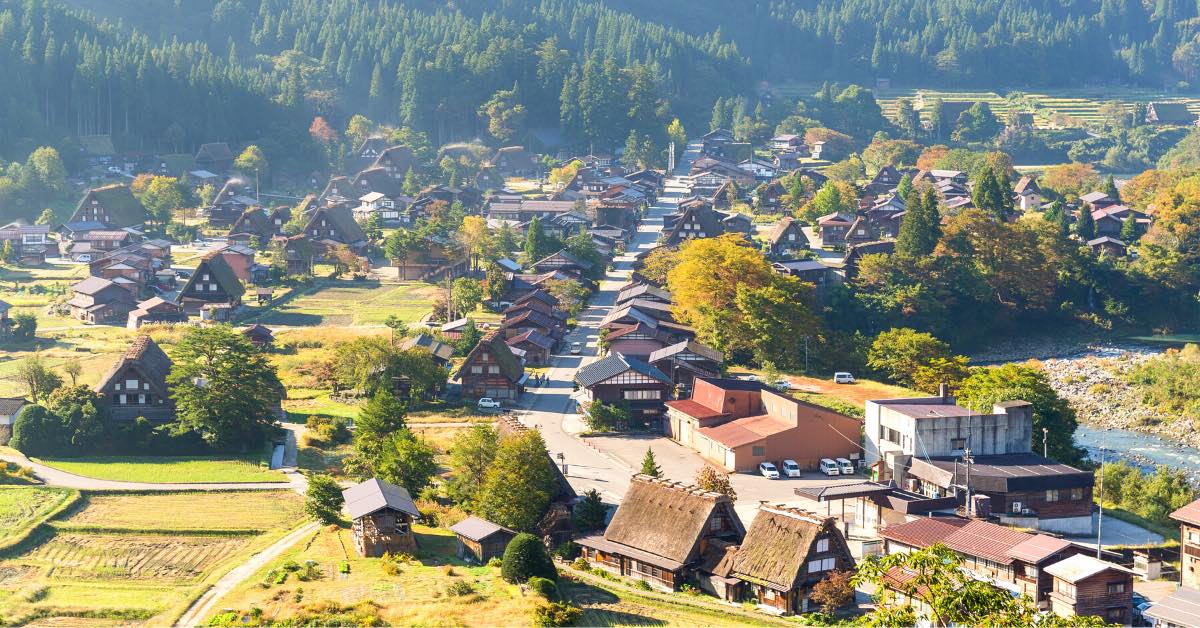
According to Japan’s Housing and Land Survey, there were close to 8.5 million such abandoned homes in 2018. They literally have more houses than Singapore has people.
Having lots of empty, decaying residences everywhere is an eyesore; having lots of them makes a neighbourhood undesirable as a whole (no one wants to live in a place that looks like that Silent Hill game).
As such, many of the local authorities have made efforts to repopulate, bring in tourism, and revive the declining rural areas. In Japan, this often falls to local akiya banks, who also serve a wider goal of trying to revitalize the fading towns.
(Note that these are not “banks” in the sense of being lending institutions, they don’t have anything to do with your financing).
One approach they use is to sell off the akiya for cheap, to foreigners who can use them as holiday homes.
Note that this approach is not new; rural Italy also has homes you can buy for one Euro, and Detroit in the United States also has some $1 homes.
Is a $500 Japanese home a good deal?
It’s actually a minority of people who would find it a good buy, once you take various factors into consideration:
- Understand that this is a way to transfer costs, not a freebie
- There are eligibility requirements
- Japan tends to “scrap and build”
- You still need to pay taxes and stamp duties
- Remember this affects your ability to buy a flat
- Rural Japan is not the Japan you usually see in movies
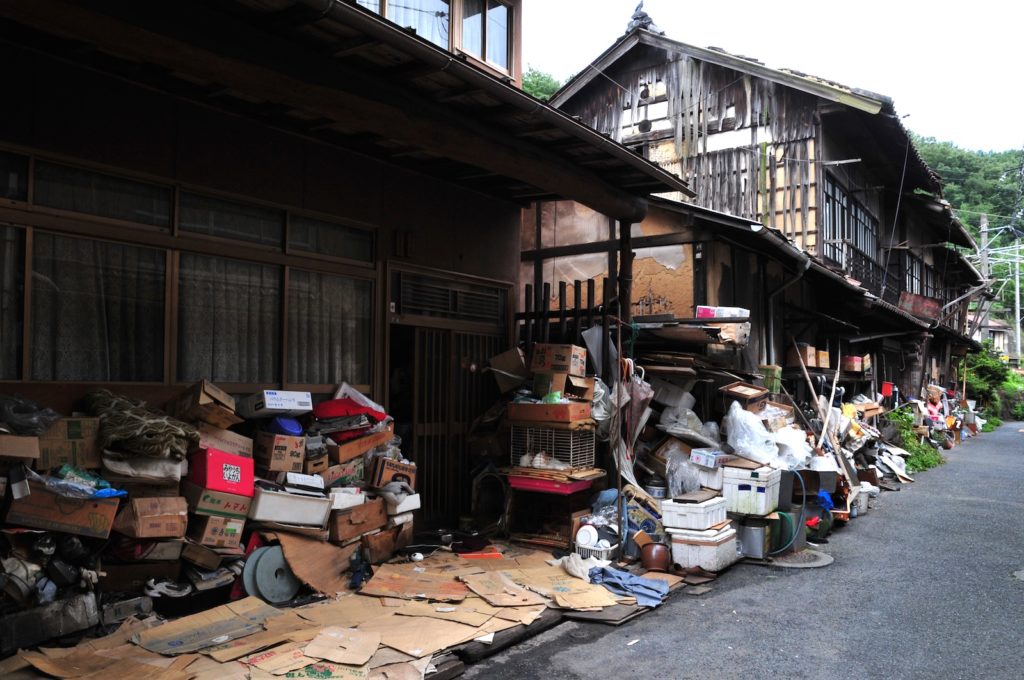
1. Understand that this is a way to transfer costs, not a freebie
In most cases – not just in Japan – cheap real estate is really a way to transfer costs.
It is expensive for the government to maintain or even demolish all these old houses (and some can’t be demolished, because of legal reasons). At the same time, just leaving the houses to rot has serious environmental consequences – abandoned rural homes breed vermin like rats, for example.
So selling the property to you for cheap is not a “freebie. It is a way of transferring the costs and responsibilities to you.
Once you’ve bought the house, any problems the property causes fall on your shoulders. If it’s breeding rats, if it’s used for criminal activity etc., you are now the one liable.
In exchange, the government gets to tax you (however little), and transforms their liability into an asset. You’re generally not on the winning end of this deal.
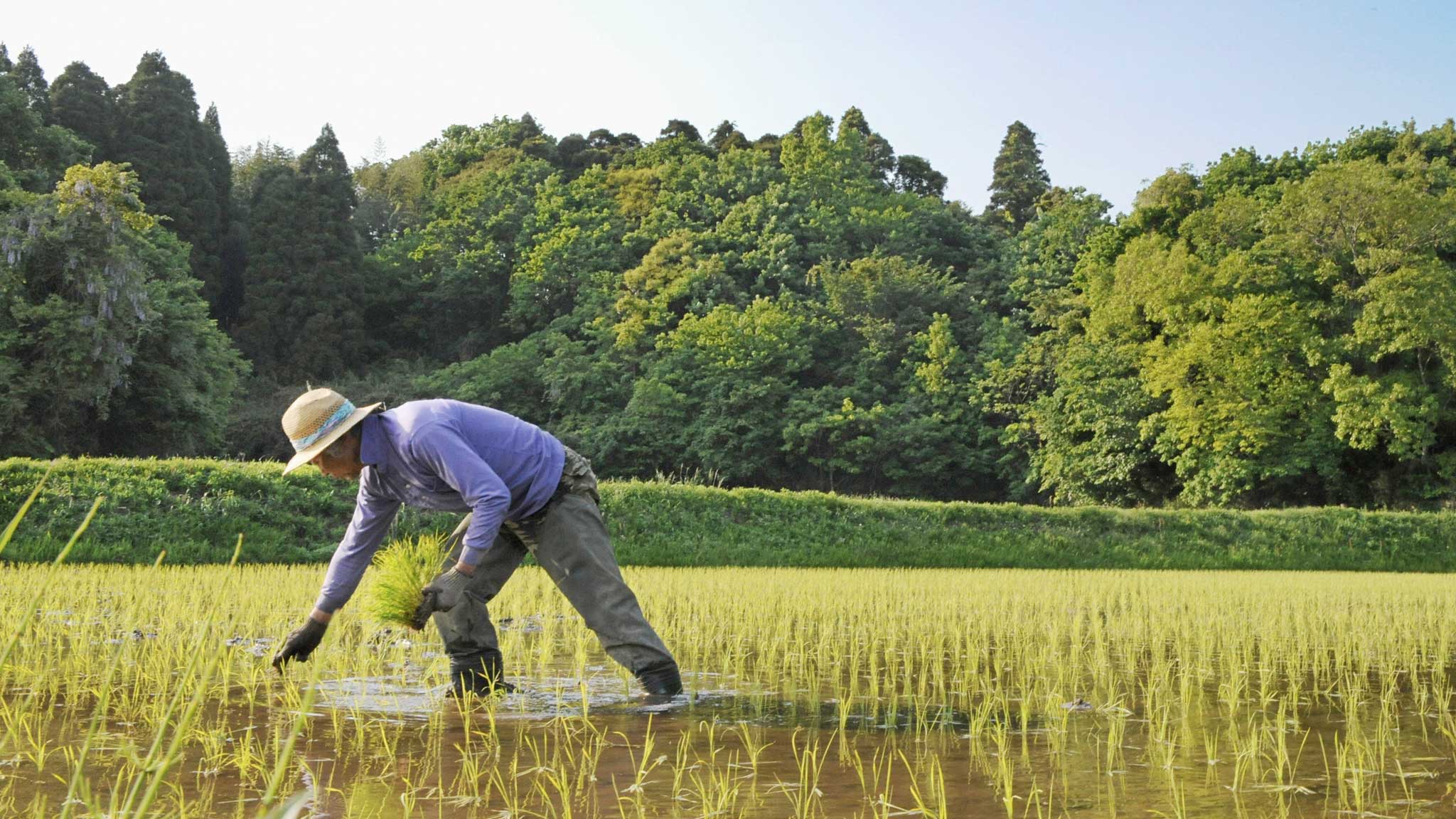
2. There are eligibility requirements
Remember the akiya banks we mentioned earlier? As we said, their main focus is to revitalize the surrounding village; not to sell cheap houses. As such, they often impose conditions on buyers.
In some cases, the conditions are impossible to meet. For example, you cannot meet a condition to move into the house permanently, if you’re just on long-term or tourist visas (note that owning a property does not help or affect your residency status in Japan; they are separate issues).
Some rural areas require that you become a farmer; and they don’t mean planting a few tomatoes in the yard. You must become a full-time farmer, with your crops being the main source of your income.
Some may require you to make “contributions” to local business or infrastructure; and the generous sums expected means the house is not as cheap as you thought.
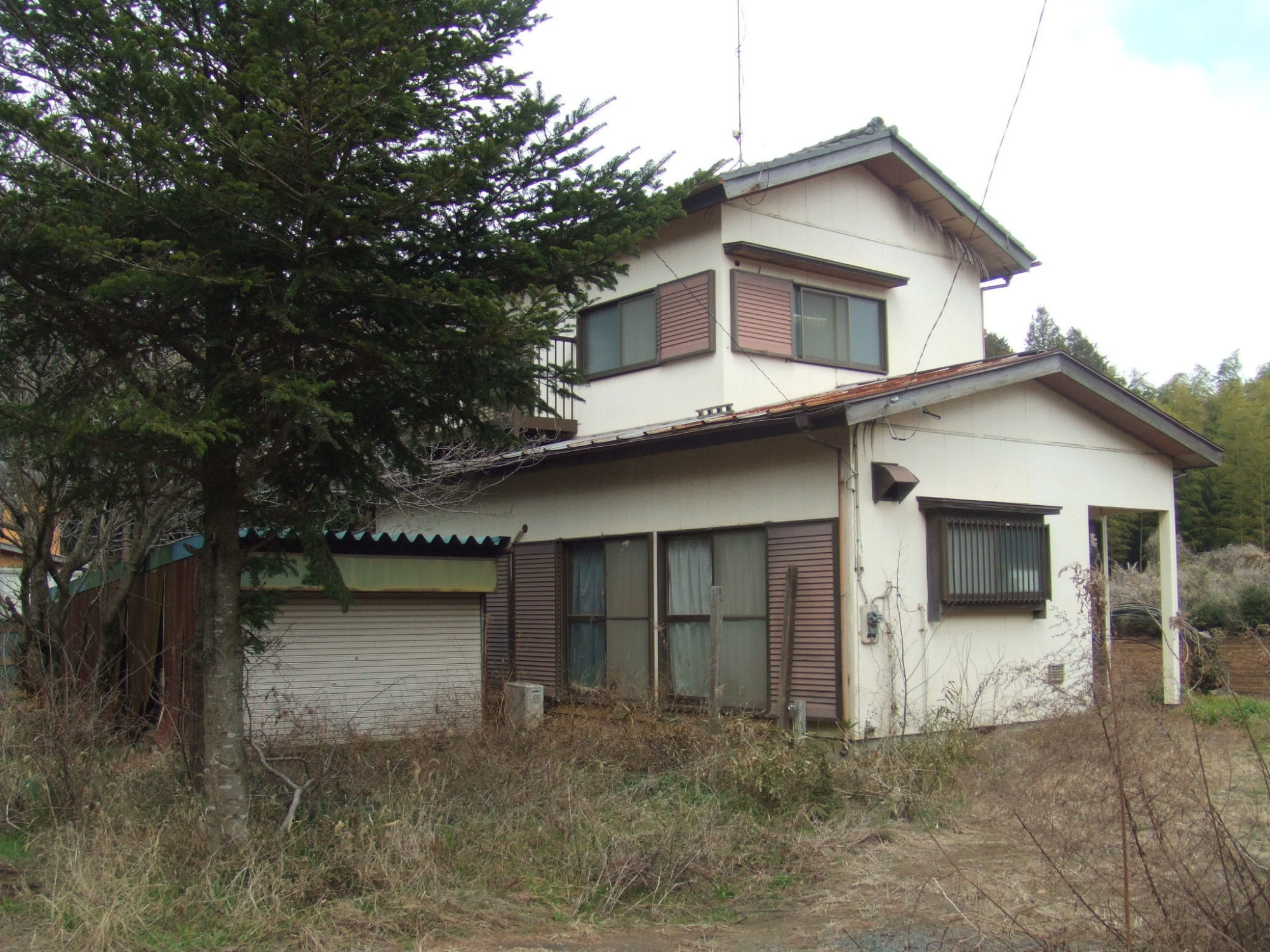
3. Japan tends to “scrap and build”
The first thing to know is that, unlike Singapore, renovation and refurbishment are not common in Japan (although this is changing). It is more common for them to scrap the existing property, and rebuild from scratch.
Japanese residential properties (but not the land they’re on) can become worthless after just 20 to 30 years. As such, the real value comes from the land, not the physical structure on it.
As such, an old house may not be in a habitable state. As one buyer posted on Reddit:
These houses typically:
- Have terrible, out-of-date kitchens with little counter space.
- Low door frames.
- Disgusting bathrooms.
- Very old tatami and sliding doors.
- Poor/non-existent insulation, and flimsy entrances.
- Are prone to termites.
- Have roof issues.
- Are in areas with very few job opportunities.
- Are in areas that are already full of other empty houses, or WILL be in another 15-20 years after the remaining old people die off.
If you decide not to deal with all this, you may have no choice but to rebuild. And as owners of landed property can tell you, rebuilding a house is way beyond the cost of renovation. It involves an architect, civil engineer, permits and licensing, etc. This can get even more complicated, if you don’t understand the laws or can’t communicate in Japanese.
More from Stacked
So many readers write in because they're unsure what to do next, and don't know who to trust.
If this sounds familiar, we offer structured 1-to-1 consultations where we walk through your finances, goals, and market options objectively.
No obligation. Just clarity.
Learn more here.
We Make $400k Per Year And Own A Bidadari HDB: Should We Look At 2 Properties Instead Of 1 Freehold Landed?
Hi Stacked Homes!
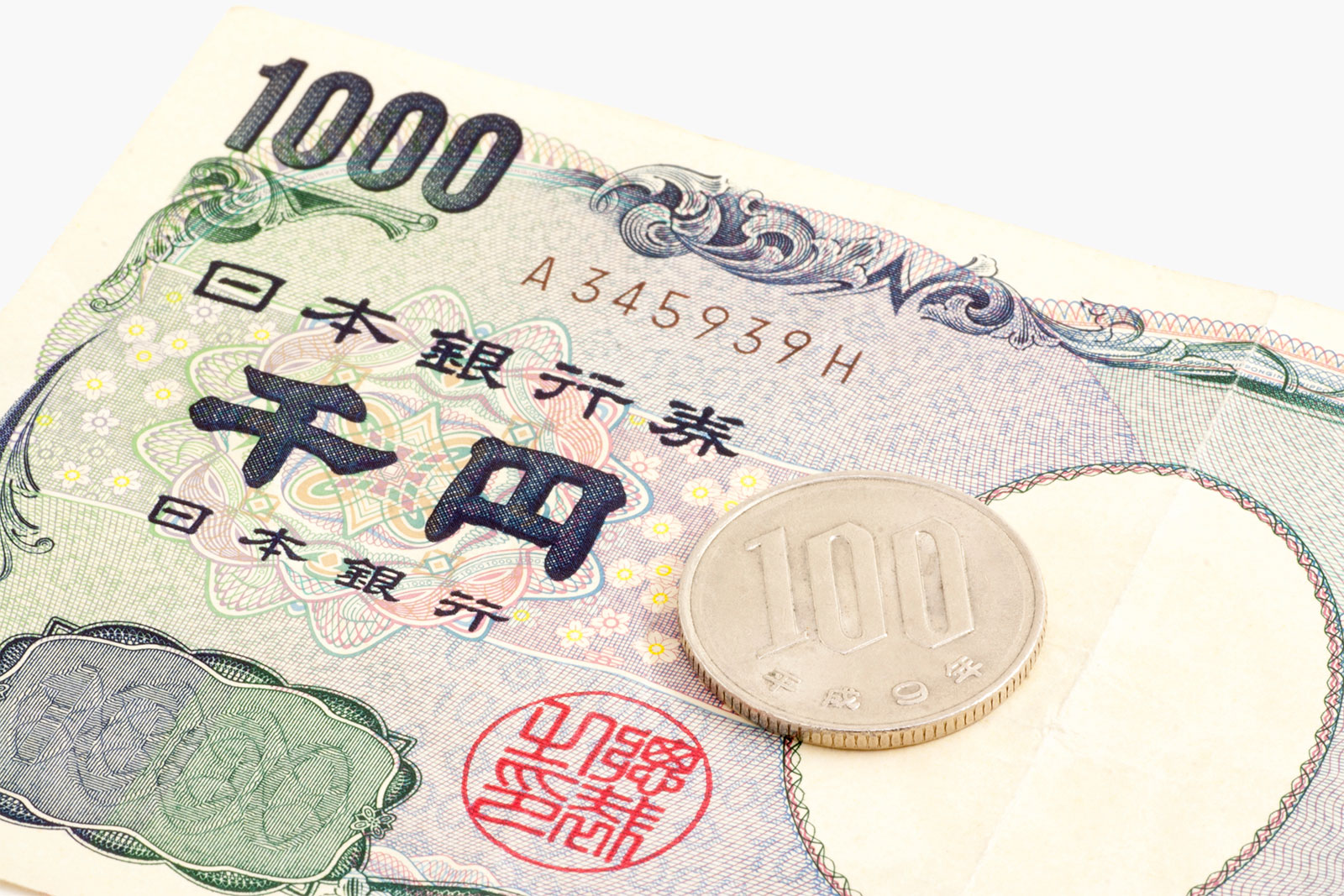
4. You still need to pay taxes and stamp duties
We don’t handle real estate transactions in Japan, so we can’t give you all the taxes and stamp duties in precise detail.
However, we do note that one of the stamp duties (initial registration tax) is two per cent of the estimated land value. This is not the same as the purchase price of the property. Even if the house is sold to you for $500, it’s possible that the land is valued at many times that amount.
This is also regardless of how many people are actually willing to buy it at the estimated value (that’s an argument you’ll need to have with the land surveyors in Japan).
While we don’t think the taxes and stamp duties are particularly high, given the low property value, you should be braced to pay more than an advertised sum like $500, or “free”.
5. Remember this affects your ability to buy a flat
HDB doesn’t really care that your overseas property is a small shack in an unused rice farm. As long as you own it, you can’t apply for a flat. Some people may bring up the case that HDB wouldn’t necessarily know if you own overseas property (especially if it isn’t financed locally), but do know that if they do find out you will be making your life unnecessarily difficult.
Note that you cannot apply for a BTO flat, until 30 months after disposing of a private property. We don’t know if HDB will make an exception in these cases. But if they don’t, keep in mind that a spur-of-the-moment, $500 purchase could result in you being forced to buy pricier resale flats later.
So, if you haven’t bought your first home in Singapore yet, and you may need a flat, please don’t do this; even if it’s just “$500”.
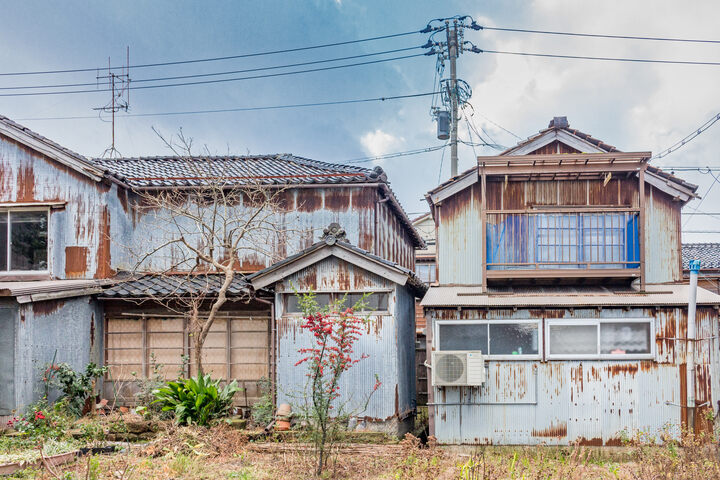
6. Rural Japan is not the Japan you usually see in movies
Here’s a comment from someone renting in rural Japan, that we glimpsed on Reddit:
“We live south of Osaka not the coldest part of Japan which is Hokkaido. I have measured temperatures ranging from -3C to +43C inside, to give you an example of the extremes to expect. Inside the house is usually colder than outside during winter and warmer than outside during summer. It is very difficult to heat these houses because of a lack of insulation…
…Speaking of vermin, there are also stink bugs, centipedes, snakes, termites and fire ants. Stink bugs are annoying, they look for warm places to hibernate over winter. So in autumn they will come into your house by the thousands, they crawl into your shoes, socks, t-shirts, everywhere. Come spring time they will wake up and cause trouble all over your house once again.”
Rural Japan consists primarily of senior citizens, and there are few amenities in reach. You may find the nearest store is several hours drive away, there’s no public transport to the village, and the only nightlife is the insects.
Coupled with the lack of jobs, rural akiya have no chance to work as rental properties; and resale values are more likely to be lower the longer you hold. It may not even suit your idea of a holiday home: most of these $500 houses are surrounded by stony silence, and other abandoned homes. There may not even be sufficient street lights to combat the haunting atmosphere.
So, to summarise, a “$500 home” probably costs way more than $500, after rebuilding, taxes, etc. On top of that, it’s almost guaranteed to be a depreciating asset; and it’s not something you should consider without a prolonged, in-person visit.
It could work for some buyers, but we’d say it’s not for the majority.
@stacked.homes Yeap, you can get a house in Japan for just $500!! 😱🏡 Tag someone who needs this! ✨ ##fyp ##funfacts ##japan ##sgrealestate ##realestate ##sghome
♬ Spongebob – Dante9k
For more on property investment and ownership, follow us on Stacked. We’ll also provide the most in-depth reviews of new and resale properties alike.
Featured Image Source: www.akiyainaka.com
At Stacked, we like to look beyond the headlines and surface-level numbers, and focus on how things play out in the real world.
If you’d like to discuss how this applies to your own circumstances, you can reach out for a one-to-one consultation here.
And if you simply have a question or want to share a thought, feel free to write to us at stories@stackedhomes.com — we read every message.
Frequently asked questions
Why are some houses in rural Japan so cheap or free to buy?
Is buying a $500 house in Japan a good deal?
What are the eligibility requirements for buying cheap homes in rural Japan?
Do I need to pay taxes or stamp duties when buying a cheap house in Japan?
How does owning property in Japan affect my ability to buy a flat in Singapore?
What is rural Japan really like compared to the images often seen in movies?
Ryan J. Ong
A seasoned content strategist with over 17 years in the real estate and financial journalism sectors, Ryan has built a reputation for transforming complex industry jargon into accessible knowledge. With a track record of writing and editing for leading financial platforms and publications, Ryan's expertise has been recognised across various media outlets. His role as a former content editor for 99.co and a co-host for CNA 938's Open House programme underscores his commitment to providing valuable insights into the property market.Need help with a property decision?
Speak to our team →Read next from Property Market Commentary

Property Market Commentary How I’d Invest $12 Million On Property If I Won The 2026 Toto Hongbao Draw

Property Market Commentary We Review 7 Of The June 2026 BTO Launch Sites – Which Is The Best Option For You?

Property Market Commentary Why Some Old HDB Flats Hold Value Longer Than Others

Property Market Commentary We Analysed HDB Price Growth — Here’s When Lease Decay Actually Hits (By Estate)
Latest Posts

Pro This 130-Unit Boutique Condo Launched At A Premium — Here’s What 8 Years Revealed About The Winners And Losers

Singapore Property News New Lentor Condo Could Start From $2,700 PSF After Record Land Bid

On The Market A Rare Freehold Conserved Terrace In Cairnhill Is Up For Sale At $16M






































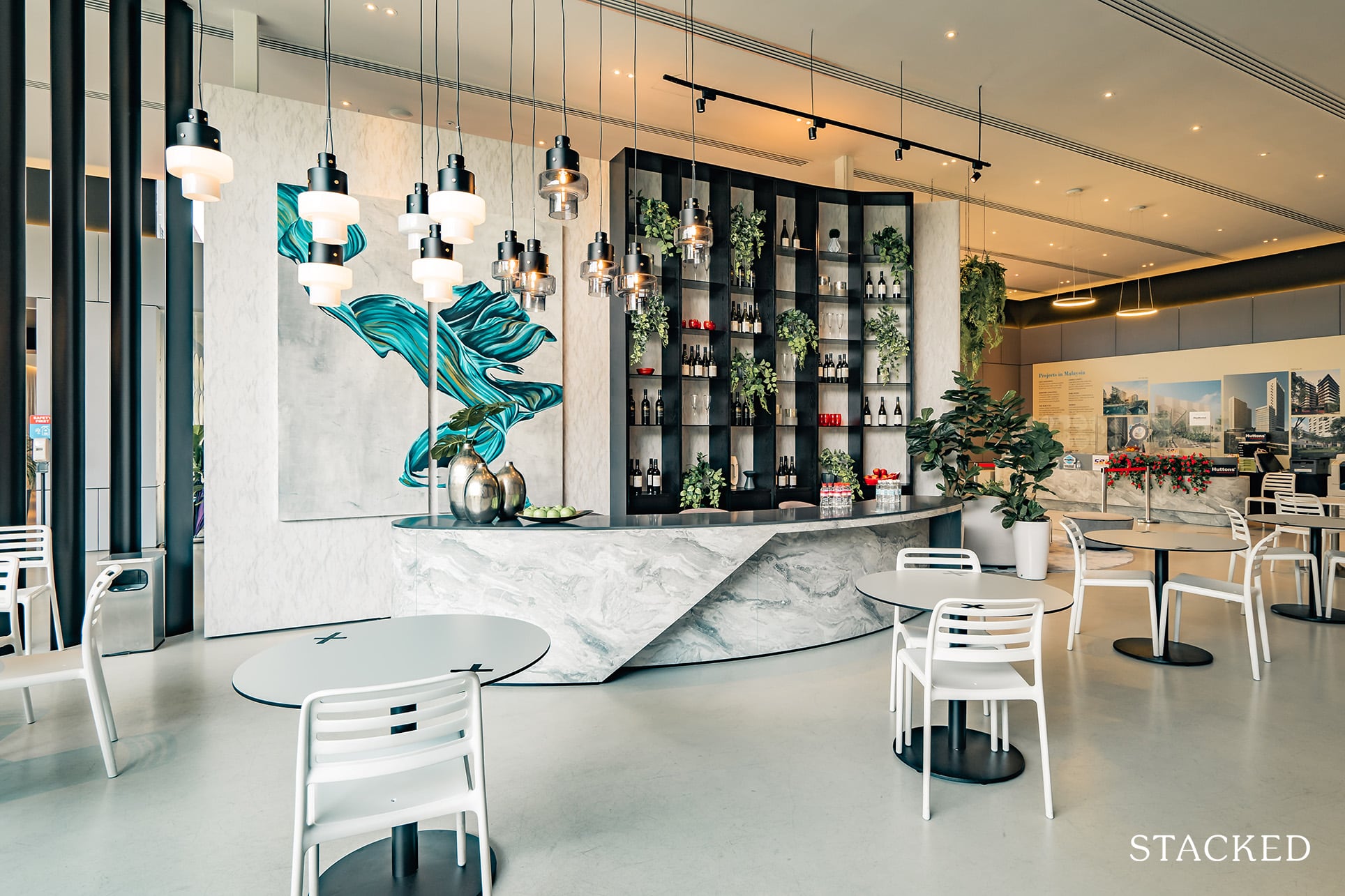
2 Comments
A house for 1 euro is a good program, and in 2023 the British BBC series shot about it
I have heard reports that the Salemi city authorities have even turned off the phone due to the number of calls. But more information about 1 Euro House in Salemi can be found on the site dedicated to tourism in Salemi: travelsalemi.com
As for the rest of Italy, there are now programs that pay for moving and help organize your business